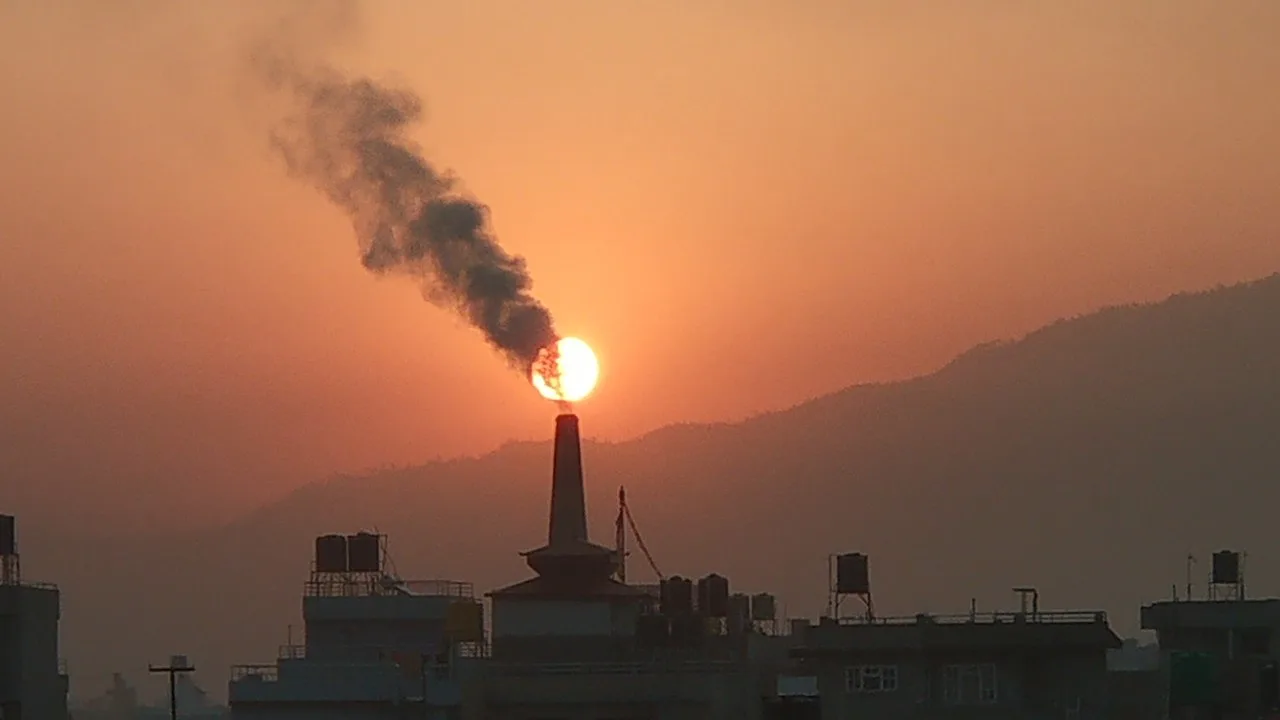Imagine this: you’re breathing easy, taking in the fresh air. But what if that air is laced with invisible dangers? Air pollution, a growing menace in our cities and towns, is exactly that – a silent infiltrator harming our health in more ways than we imagine. From causing a cough to triggering life-threatening diseases, air pollution wreaks havoc on our bodies. Let’s delve deeper into how this environmental villain impacts our well-being.
The Uninvited Guests: Types of Air Pollutants
Not all air pollution is created equal. Here’s a breakdown of the common culprits:
Maruti Suzuki Swift 2024: Booking, features, launch date and price
2024 Bajaj Pulsar 125: Powerful bike with powerful updates!
- Particulate Matter (PM): These microscopic particles, like PM2.5 (less than 2.5 microns in diameter) and PM10 (less than 10 microns), are invisible to the naked eye and sneak deep into our lungs. Think of them like tiny dust bunnies wreaking havoc on our insides.
- Ground-Level Ozone: This gas, formed by chemical reactions between sunlight and pollutants, irritates the respiratory system and can worsen asthma. Imagine breathing in pure irritation!
- Nitrogen Dioxide (NO2): Emitted by vehicles and industrial processes, NO2 inflames airways and reduces lung function. Think of it as a bully constantly picking on your lungs.
- Sulfur Dioxide (SO2): Released from burning fossil fuels, SO2 irritates the respiratory system and can worsen existing respiratory ailments. Imagine inhaling something as harsh as lighter fluid for your lungs.
The Invasion: How Air Pollution Enters Our Body
We breathe in air pollution primarily through our nose and mouth. Once inhaled, these pollutants can:
- Lodge in the Lungs: PM gets trapped in the delicate air sacs of our lungs, hindering oxygen exchange and causing inflammation.
- Enter the Bloodstream: Finer PM particles can even enter our bloodstream, potentially impacting various organs.
- Trigger Inflammatory Response: Our body’s natural defense system kicks in, leading to inflammation, which can damage healthy tissues.
The Onslaught: Health Effects of Air Pollution
The consequences of air pollution exposure range from the immediate and irritating to the chronic and life-threatening. Here’s a glimpse:
Short-Term Effects:
- Irritation of eyes, nose, and throat
- Coughing and wheezing
- Difficulty breathing
- Chest tightness
Long-Term Effects:
- Respiratory illnesses: Air pollution can worsen asthma, chronic obstructive pulmonary disease (COPD), and increase the risk of respiratory infections.
- Heart Disease: Pollutants damage blood vessels and increase the risk of heart attacks and strokes.
- Lung Cancer: Long-term exposure to air pollution, particularly PM2.5, is a significant risk factor for lung cancer.
- Other Cancers: Studies suggest a link between air pollution and other cancers, including bladder cancer.
- Cognitive Decline: Emerging research suggests a connection between air pollution and dementia and Alzheimer’s disease.
Vulnerable Populations:
Children, pregnant women, older adults, and people with pre-existing health conditions are more susceptible to the harmful effects of air pollution.
A Glimpse at the Damage: Air Pollution and Health Statistics
Here’s a table highlighting the sobering impact of air pollution on health:
| Health Effect | Estimated Global Deaths Attributable to Air Pollution (per year) |
|---|---|
| Chronic obstructive pulmonary disease (COPD) | 3.2 million |
| Ischemic heart disease | 4.2 million |
| Stroke | 1.8 million |
| Lung cancer | 2.1 million |
Fight Back: Protecting Yourself from Air Pollution
While we can’t control air quality entirely, we can take steps to minimize our exposure:
- Stay Informed: Check air quality forecasts and limit outdoor activities when pollution levels are high.
- Mask Up: Wearing a well-fitting mask, especially N95 respirators, can significantly reduce PM inhalation.
- Embrace Green Habits: Opt for public transport, cycling, or walking whenever possible. Reduce your reliance on personal vehicles.
- Indoor Air Matters: Improve indoor air quality by using air purifiers and ensuring proper ventilation.
- Advocate for Change: Support policies that promote clean air and sustainable practices.
Remember: Air pollution is a serious threat, but it’s not an inevitable one. By understanding its impact and taking action, we can breathe a little easier and safeguard our health for a healthier tomorrow.



